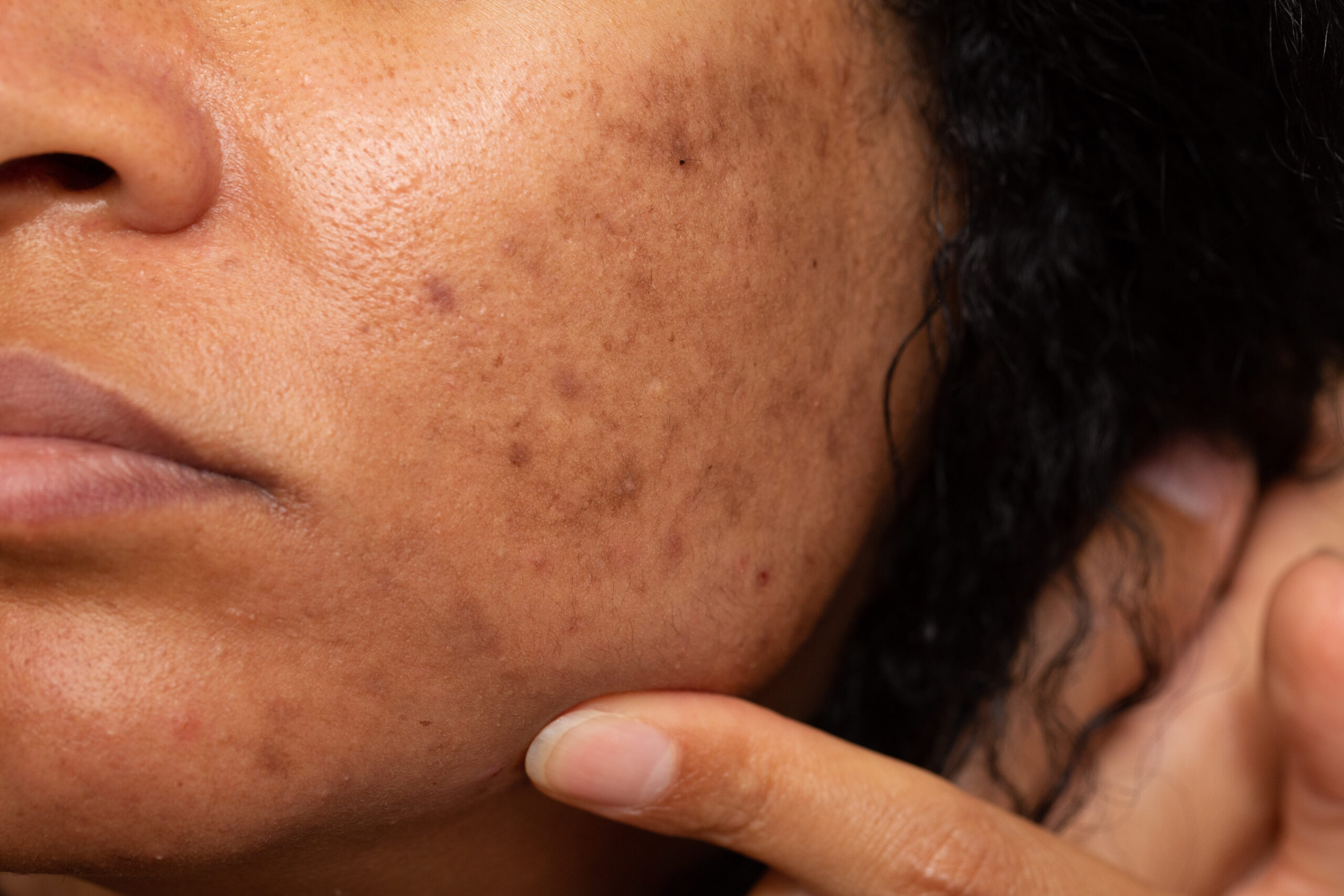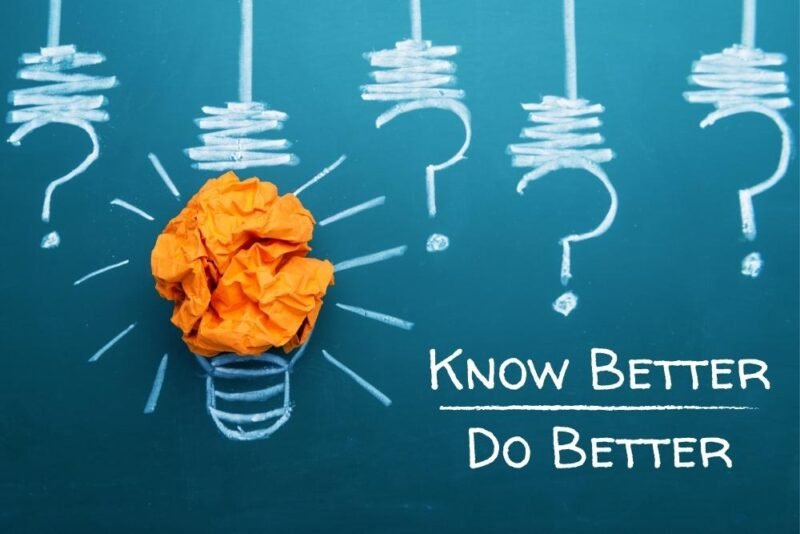Snooze is a vital ingredient to trying to keep us bodily and mentally nutritious. Without having a excellent night’s rest, our full up coming day can sense like residing less than a shadow.
The substantial excess weight of the coronavirus pandemic has induced numerous of us to struggle with receiving to rest, irrespective of whether thanks to anxiety or changes to our usual styles.
Acquiring lost our routines, becoming pressured to isolate from the types we love and experience far more worried about the environment for the duration of the pandemic, sleep has been hugely impacted.
Psychologists and social scientists have been researching the outcomes of COVID-19 on our sleep styles, answering the issue of why we can really feel additional weary than common in the course of the pandemic.
Dr. Nilu Ahmed, of the University of Bristol in the U.K, informed Newsweek: “Snooze is vital to bodily and mental wellbeing and any disruption to rest can have an influence on our temper and wellbeing.
“Around time, inadequate good quality slumber (such as oversleeping, undersleeping, restless sleep) can get considerable tolls on wellness.”
How Quarantine Improved Our Snooze
Quarantine, lockdown and polices close to coronavirus have had an outcome on our snooze patterns, in accordance to experts.
One particular analyze revealed in 2021 in the Journal of Medical Slumber Medicine saw experts examine slumber reports and information above the pandemic from 13 countries.
Their systematic evaluate located about 40 per cent of people from the basic public, as nicely as in the health and fitness treatment occupation, had endured from rest problems for the duration of the COVID-19 pandemic.
They also observed the level of rest issues are even better in people who have the virus, and people in the health treatment career have endured a lot more snooze complications than the normal public for the duration of the pandemic.
According to Dr. Melissa Shepard, a psychiatrist primarily based in Maryland, the coronavirus has also greater the prevalence of other difficulties which also hamper our rest.
She reported: “It does surface that the pandemic has significantly influenced snooze for many individuals.
“We know that the COVID-19 pandemic has been connected with increased costs of melancholy, nervousness, trauma-relevant issues, anxiety, and material abuse, all of which are recognized to cause difficulties with snooze.
“The pandemic has also led to important adjustments in people’s routines and rest schedules, which can also impact snooze.”
According to Dr. Kate Robinson, co-founder and medical director of My Therapy Assistant, the period of time of prolonged stress could also be a consequence of variations to our anxious process.
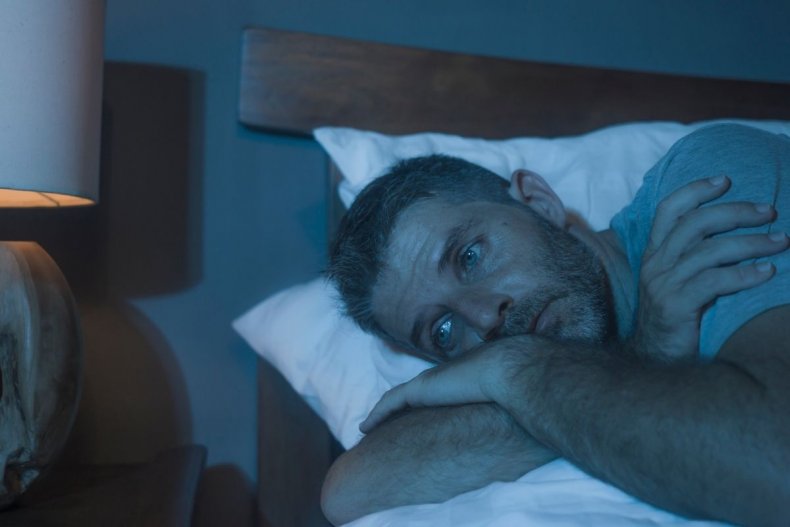
Getty Photographs
Robinson discussed how the extended worry of the pandemic can lead to our bodies to development from “struggle or flight” to a “shutdown point out that is primed to ride out the hazard,” a phenomenon viewed in the animal kingdom when prey decide on to perform dead to escape a predator.
She stated: “In this scenario, the threat is not coming from a unsafe animal, it is coming from a chronic set of situation associated with the virus, whether that be threat to health and fitness, danger to livelihood or danger to emotional wellbeing due to experience annoyed, lonely, trapped, powerless, bereaved.
“For people today who are emotion lethargic or sleeping much more than common during the pandemic, this could mirror their anxious technique relocating into this shut down state till daily life can resume once again.”
Ahmed mentioned the massive modify to our plan has also been harmful to our rest.
She explained how social cues, this kind of as socializing, getting residence following operate, or likely to the health club, act as signposts to our brains that we are getting into our “evening routine.”
With out these and exposure to natural gentle, it can be difficult to change off from operate manner, and “participate in havoc with our circadian [body clock] rhythms.”
Ahmed also pointed out that, by becoming at residence a lot more, we can be tempted to oversleep, which can finally make us really feel far more exhausted.
A latest review posted in the journal Rest recommended social withdrawal is also a purpose why our sleep can be impaired.
The study identified, right after examining people’s snooze patterns by way of wrist monitors and through their own self-reporting, those people who expressed their loneliness were being identified to report even worse sleep, and for their wrist monitor info to concur with this.
As a final result, it is clear the elevated levels of panic, modifications in our routines and isolation can all include to our struggle to slumber soundly.
Operating at Household and Slumber
Ahmed’s position also exhibits how, for a lot of of us, attaining a function-everyday living stability during the coronavirus has been challenging, with far more people today working from dwelling than right before.
She stated: “There is a large amount of evidence that displays performing from residence has resulted in persons operating longer several hours and having difficulties to change off, especially when individuals use the bedroom as their workspace.
“This impacts the top quality of snooze people are finding, and may well mean a diminished reward from the extra additional hour of sleep that can be obtained from not getting to commute.”
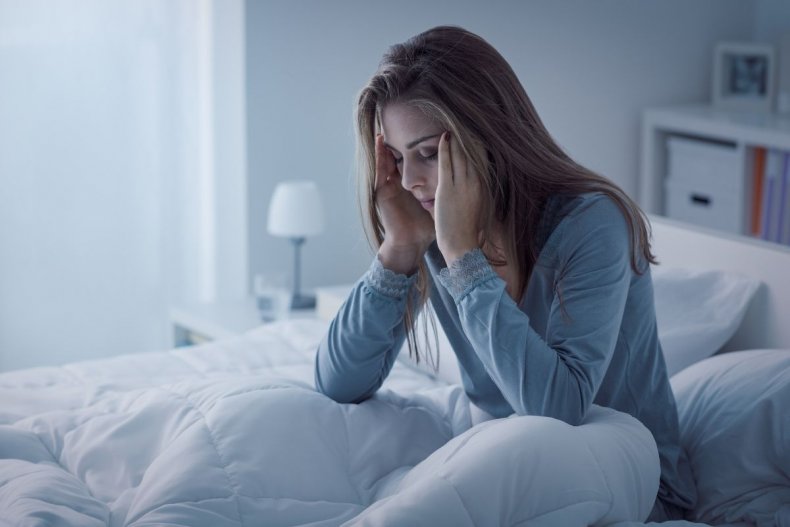
Getty Pictures
She reported establishing new situational cues is important to gaining again a harmony, no matter whether that is using a walk to split up the function working day or minimizing monitor time.
Robinson included how critical it is to manage our body clock rhythms, which has been a problem due to the fact functioning from house because of to the deficiency of schedule, inactivity and boost display screen time.
She additional: “On top of that, for all those who have been juggling doing work from residence and childcare/dwelling education, the increase in load has often resulted in heading to mattress later on as individuals log on all over again in the night at the time childcare duties are done.”
Will Socializing Enable Me Rest?
As nations start off to open up up much more as the rollout of vaccines go on, there are concerns around whether a return to socializing will enable us return to ordinary sleep patterns.
There is no empirical info to guidance this idea, although a review printed in journal Character observed that poor rest can direct to behavioral withdrawal and loneliness, showing a link in between socialization and slumber.
Nonetheless, for many others, socializing yet again could pose new threats for individuals a lot more anxious about COVID-19.
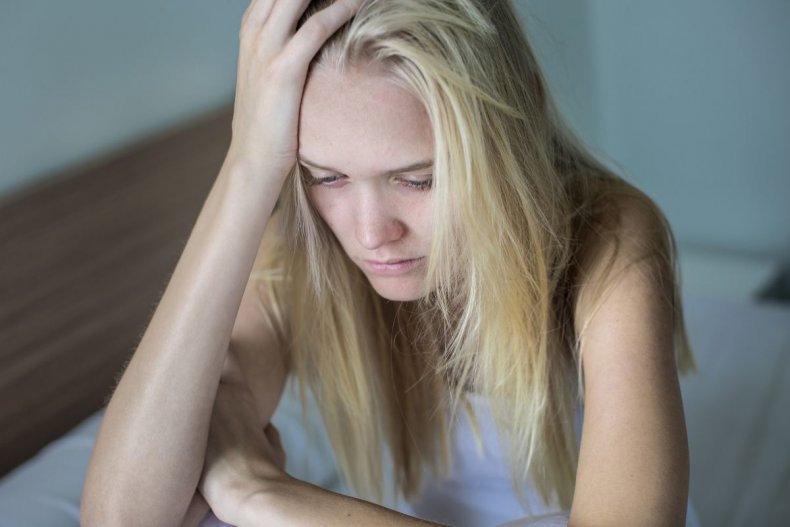
Getty Photos
Shepard said: “We may possibly locate that some of the improve in insomnia about the earlier year eases with diminished limits mainly because people are able to return to pre-pandemic schedules and routines.
“This may possibly allow for for more action and more publicity to daylight for the duration of the day, both of which can improve sleep.
“Even so, it is also achievable that easing constraints could direct to amplified fears about publicity to COVID-19 or problems about reintegrating into perform, college, and social conditions.
“Amplified nervousness and worry from these changes could worsen slumber.”
Robinson famous that, as very well as socializing, going out might signify elevated exercise degrees, which could also strengthen sleep, while some could locate the enhanced nervousness is harmful to their rest.
She stated: “Starting off to socialize yet again will most likely involve an maximize in bodily action as persons depart the residence and journey to meet up with some others.
“This and the greater psychological stimulation that socializing provides, as effectively as an increased array of things to do people can do with each other, can assistance to make ‘sleep pressure’ (usually acknowledged as our need to snooze) and strengthen slumber.”
As nicely as this, socializing will allow us far more possibilities to request social assistance, which would enhance sleep.
On the other hand, she also expressed how “re-entry anxiousness” can disturb snooze for these anxious about commencing to socialize once more.
She added: “As with everything, our particular person dissimilarities and perceptions of what we are going through influences the reactions we have to modify.”
Ahmed added how socializing leads to us to use distinctive pieces of our brains which have not been utilized though we have been isolated.
As a end result, it may perhaps be we at first feel far more weary although socializing, but sooner or later the new designs will support our electrical power to improve.
She claimed: “A return to socializing makes use of extra of our strength, this can direct to a perception of hyperarousal in the very first instance as our brains fireplace up for discussion and regulate to these conversations happening confront to deal with somewhat than 2D on a screen.
“We will be utilizing sections of our brain that have been dormant for some time.
“Some people may possibly sense unusually fatigued soon after social conversation since it has been so extended considering that we have skilled this, as we return to interacting extra, our strength to deal with this will improve.”
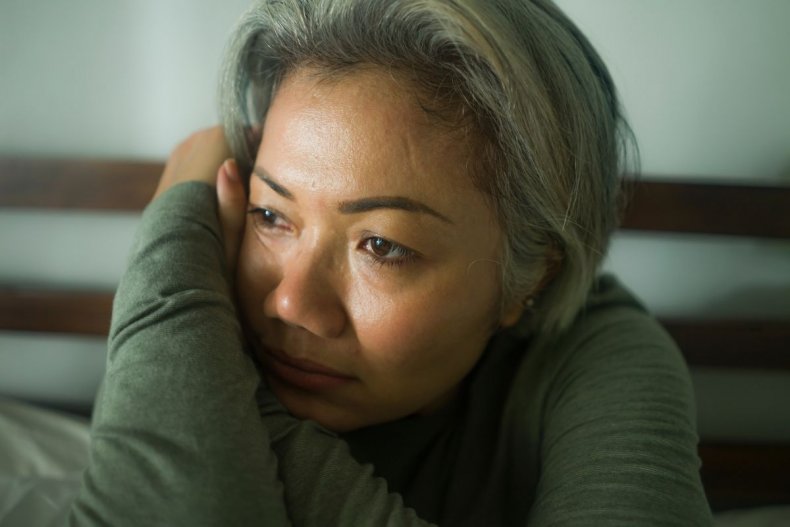
Getty Photographs

